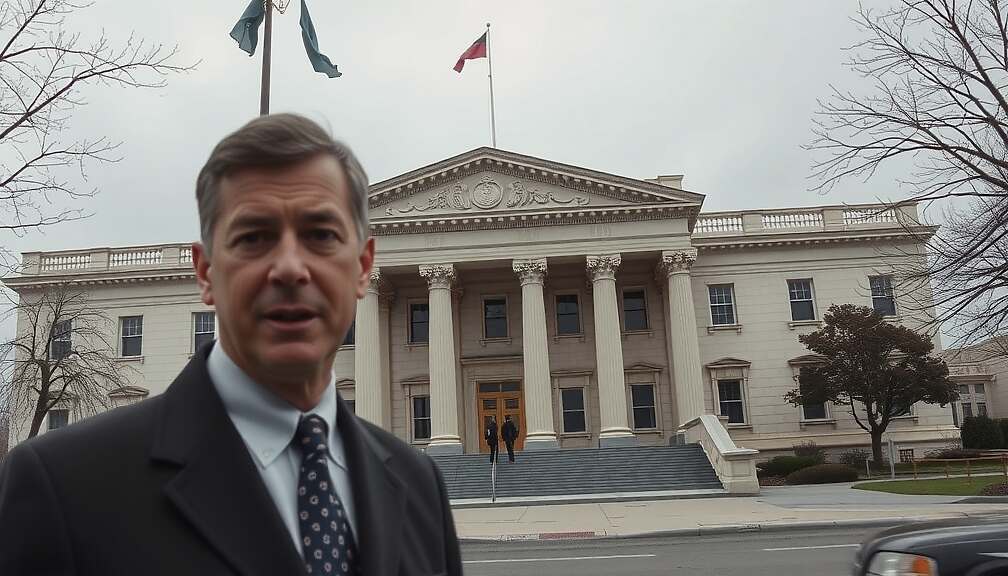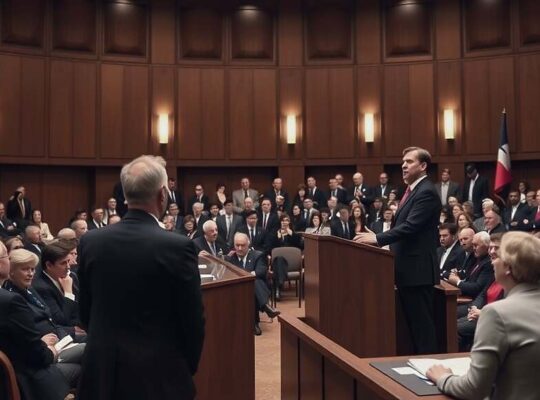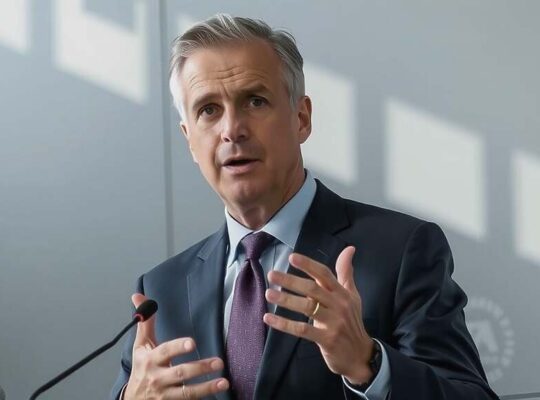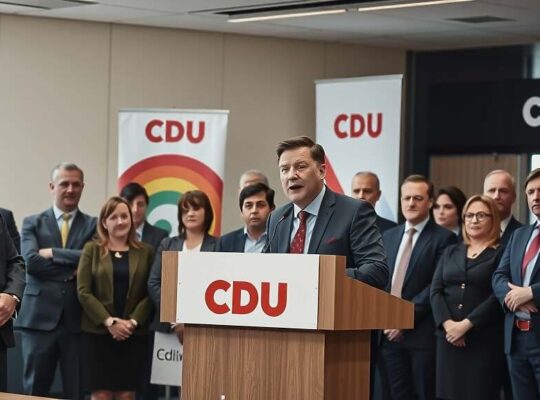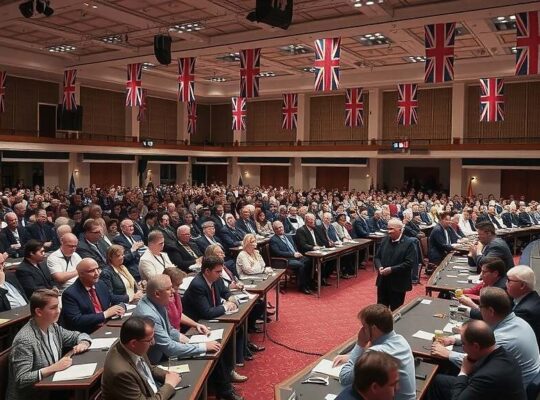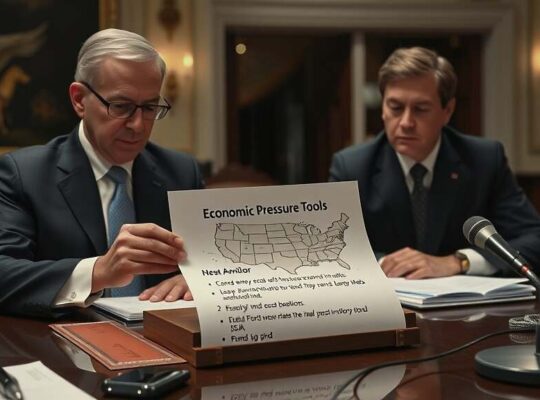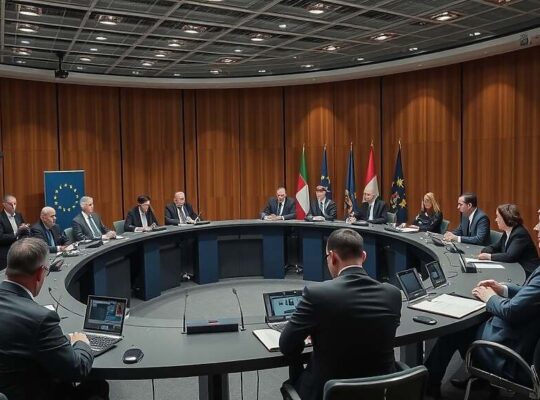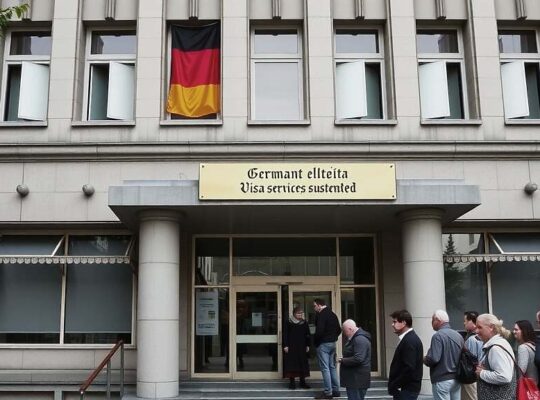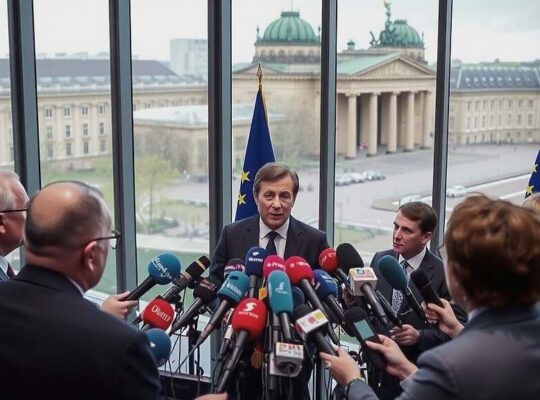A confidential assessment from within the Free Democratic Party (FDP) reveals that party leader Christian Lindner seriously considered relinquishing his position at the beginning of 2023, a move purportedly aimed at granting the party greater influence within the fragile “traffic light” coalition government. The disclosure, made by former state secretary Steffen Saebisch to “Der Spiegel” marking the anniversary of near-coalition collapse, paints a picture of intense internal pressure and a delicate balancing act for Lindner.
The core of the issue stemmed from Lindner’s unique position as the sole party leader represented in Chancellor Scholz’s cabinet. According to Saebisch’s account, this created a situation where demands and expectations from the Green and SPD leadership were consistently directed at Lindner, often diverging from the goals of both Scholz and Vice-Chancellor Robert Habeck. This dynamic, Saebisch suggests, restricted the FDP’s ability to operate freely and pursue its own policy agenda.
Lindner’s contemplated resignation, therefore, was seen as a potential solution – a symbolic gesture designed to liberate the FDP from the constant barrage of demands and allow it greater room for maneuver. However, the move was ultimately abandoned after careful deliberation. Saebisch stated that Lindner concluded such a dramatic shift would likely destabilize the coalition further, rather than provide the intended benefit.
The revelation underscores the inherent tensions within the “traffic light” coalition, which has struggled to maintain unity despite its diverse ideological bases. Critics of the government structure have long argued that the prominence of party leaders within the executive branch exacerbates divisions and hinders effective governance. This incident strengthens the argument that the current model, while intended to ensure representation, can inadvertently create a breeding ground for conflict and impede the government’s ability to address critical challenges facing Germany. It also raises questions about the long-term sustainability of the “traffic light” arrangement and the potential for future power struggles within the ruling alliance.


